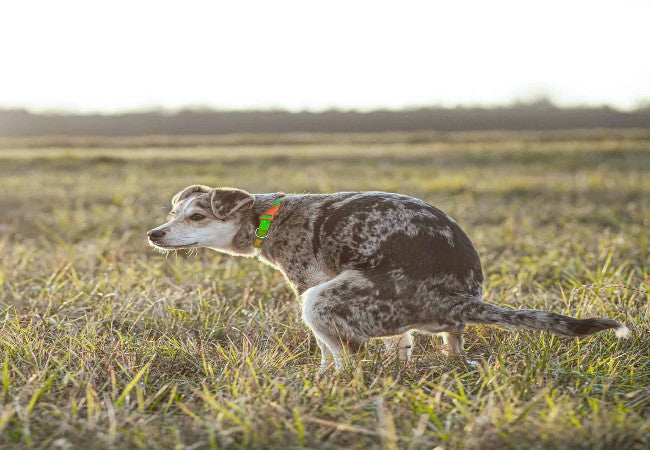Vet Approved Guide: Is Dog Poop Hazardous to Your Yard? 2025 Edition 💩🌿

In this article
Vet Approved Guide: Is Dog Poop Hazardous to Your Yard? 2025 Edition 💩🌿
By Dr. Duncan Houston BVSc
While it might seem harmless, leaving dog poop in your yard can pose significant health and environmental risks. 🐶💩 This guide explores the dangers associated with unattended pet waste and offers practical solutions to keep your yard safe and clean. 🌿🧼
⚠️ Health Risks Associated with Dog Poop
Dog feces can harbor a variety of harmful organisms, including:
- Parvovirus: A highly contagious virus that can survive in the environment for extended periods, posing a threat to unvaccinated dogs.
- Intestinal Parasites: Such as hookworms, roundworms, and whipworms, which can infect both pets and humans.
- Bacteria: Including E. coli and Salmonella, which can contaminate soil and water sources.
These pathogens can lead to serious health issues, especially in children and immunocompromised individuals. 🧬🦠
🌱 Environmental Impact on Your Yard
Contrary to popular belief, dog poop is not a suitable fertilizer. 🧪 Its high protein content makes it acidic, which can damage grass and plants. Additionally, the decomposition process can release harmful nutrients into the soil, disrupting local ecosystems and potentially contaminating water sources through runoff. 🌊🌾
🧼 Proper Disposal Methods
To mitigate health and environmental risks, follow these disposal guidelines:
- Immediate Cleanup: Use gloves or a pooper scooper to collect waste promptly.
- Sealed Bags: Place the waste in a sealed, biodegradable bag before disposing of it in the trash.
- Avoid Composting: Do not add dog waste to compost piles, as typical composting methods do not reach temperatures high enough to kill pathogens.
- Flushing: Some municipalities allow flushing dog waste down the toilet, but always check local regulations first.
Regular yard maintenance and prompt waste removal are key to preventing contamination. 🧹🚮
🩺 Preventative Measures for Pet Health
Maintaining your pet's health can reduce the risk of disease transmission:
- Regular Vet Checkups: Schedule routine health assessments and vaccinations.
- Parasite Control: Administer monthly preventatives for heartworms, fleas, and intestinal parasites.
- Fecal Exams: Conduct fecal tests every 6-12 months to detect and treat infections early.
Consult with your veterinarian to establish a comprehensive health plan tailored to your pet's needs. 🐕🦺💉
📱 Stay Informed with Ask A Vet
For personalized advice on pet waste management and health concerns, the Ask A Vet app connects you with licensed veterinarians ready to assist. 🐾💬
Visit AskAVet.com or download the app to ensure your pet's health and your yard's safety. 📲






